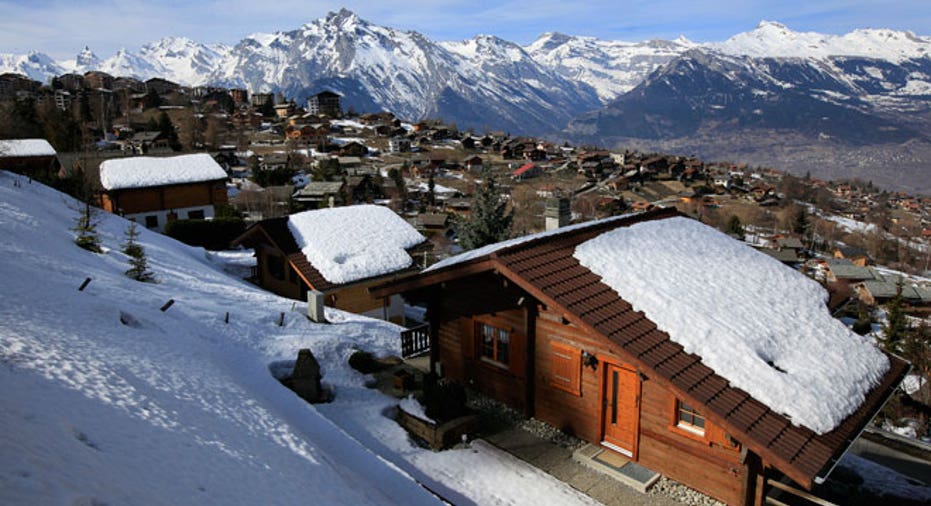How to Rent Out Your Home While on Vacation

The jury is still out on whether the housing market has finally hit bottom and is starting to recover, but homeowners have another way of making money from their home: leasing it out as a vacation rental.
“Vacation rentals usually get higher rent than what the home would rent for on a 12-month lease due to the shorter lease period,” says Joe Buczkowski, chief executive and founder of LeaseRunner. “It’s all about supply and demand.”
If you live in a tourist-destination city or close to vacation attractions, you may be able to make some extra cash by renting out your home. Experts say you won’t be able to charge hotel rates because chances are your home lacks amenities like a spa or pool, but the extra funds will help pay for your own vacation.
The vacation rental industry has grown into a multi-billion dollar market and created companies working to connect homeowners with vacationers.
When it comes to renting vacation homes, it’s all about location and timing. Homes with close proximity to beaches, entertainment venues, mountains and other top attractions are going to garner more demand and higher rental prices.
“Special events, like golf tournaments, fairs, or competitions can increase demand, especially if they are multi-day events, or even better, multi-week events,” says Buczkowski.
To determine a fair rental price for your home, he suggests checking online rental websites, property management sites and newspapers to get a sense of prices in your area. Offering a competitive price will attract more interest and lure renters.
Keep in mind that there are regulations and tax implications when renting a home for less than 30 days.
“Agreements for less than 30 days are usually not leases, but usually a license instead,” says Buczkowski. “Basically, a license is a permission to stay at place, like at a hotel, and gives the owner more power and control.” If you are thinking about renting for more than 30 days you’ll be able to use a lease and get a security deposit, but it will be a longer process to evict someone than it would under a license, he sayss.
Pick your renters wisely. Buczkowski suggests letting friends and family know you are looking to rent your home out during your next vacation. It’s also important to check references and even do a background check so that you are comfortable with who will be in your home.
If you don’t get any bites by word of mouth, you can list you’re rental on websites like AirBNB, and other vacation rental websites.
“You need to rely on this person not only to pay the rent on your home, but also to keep the home in excellent condition,” says Buczkowski.
Before the rental starts it’s important to create a detailed agreement that lists exactly what renters can and cannot do in your home. The agreement should have the time they can check in and out, the cancellation policy, rules on having guests, pets and whether or not they can smoke. You also want to stipulate the condition the house has to be left in and which of your belongings they are free to use.
“Don’t leave any stone unturned and make sure to include any potential scenarios that could cause an issue so you aren’t caught off guard, “says Buczkowski. He also says to try to get as much money upfront as possible. If the rental is for less than 30 days, he advises getting the entire amount upfront. For longer rentals, rent is typically paid monthly with a deposit given in the beginning.
Making it easy for the renter to pay you will also streamline the process and make sure you are protected. That means accepting electronic bank transfers and using electronic proof of payment and receipt. “Doing so avoids ‘the check is in the mail’ issues,” he says. “Unless you know how to spot a counterfeit, do not accept cash. If you accept checks, only take money orders and cashier’s checks.”



















